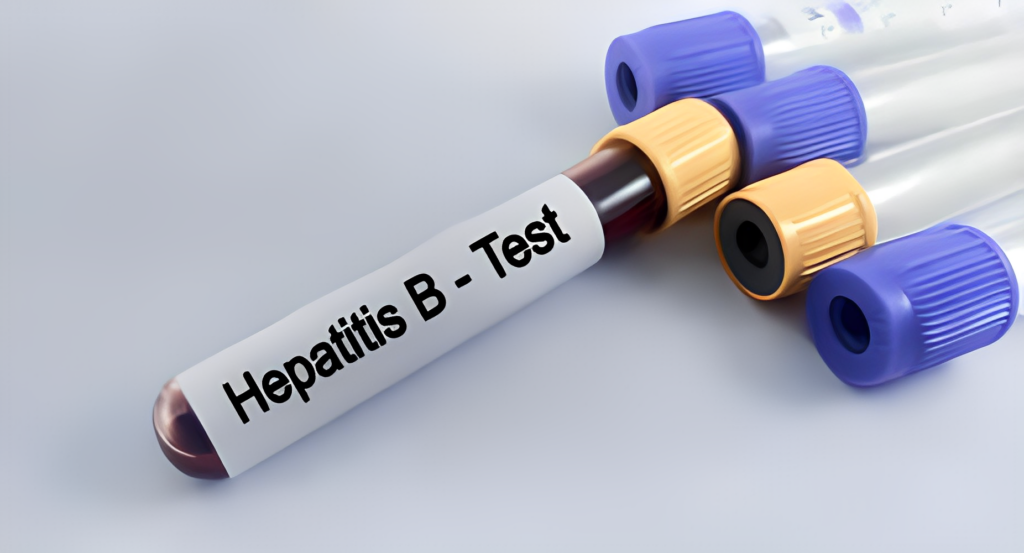
If you’ve never seen Harry Potter, all you need to know as far as this article is concerned is that Voldemort is the ultimate villain of the show. In fact,he’s so powerful and feared that no one likes to mention his name in polite company. He’s usually referred to as He-who-shall-not-be-named.

When it comes to sexual health, it’s tempting to take the same approach to STDs. It might be embarrassing or scary to talk about especially with new partners, and that’s understandable. In the conversation about STDs especially in Nigeria, HIV/AIDs seems to be the most feared of them all, and for good reason too.
What is HIV/AIDS?
HIV, or Human Immunodeficiency Virus, is a virus that attacks the body’s immune system, specifically targeting CD4 cells, which are crucial for fighting off infections. If left untreated, HIV can lead to AIDS (Acquired Immunodeficiency Syndrome), which is the most advanced stage of HIV infection.
HIV is primarily transmitted through certain bodily fluids, including blood, semen, vaginal fluids, and breast milk. The most common modes of transmission include unprotected sexual intercourse, sharing needles or syringes, and from mother to child during childbirth or breastfeeding.
Are there STDs just as deadly as HIV?
One of the reasons why HIV/AIDS is seen as the most dangerous STDs is its currently incurability. Managing HIV/AIDS involves adhering to antiretroviral therapy (ART) consistently, attending regular medical check-ups, and adopting a healthy lifestyle. Taking medication as prescribed helps suppress the virus, while routine medical care monitors treatment effectiveness and overall health.
However one STD that is sometimes overlooked, but needs more awareness is Hepatitis B.
What is Hepatitis B?
Hepatitis B is a viral infection that primarily affects the liver, caused by the hepatitis B virus (HBV). It is a major global health problem and can lead to acute and chronic liver disease, including cirrhosis (scarring of the liver) and liver cancer.
HBV is transmitted through contact with infected blood, semen, or other bodily fluids. This can occur through unprotected sexual intercourse, sharing needles or syringes, or from mother to child during childbirth.
What are the symptoms of Hepatitis B?
Many people with hepatitis B do not experience symptoms, especially in the early stages of the infection. However, some individuals may develop symptoms such as:
- Fatigue
- Nausea
- jaundice (yellowing of the skin and eyes)
- abdominal pain
- dark urine
Outlook
Hepatitis B can be acute, lasting for a few weeks to several months, or chronic, lasting a lifetime. Chronic hepatitis B infection can lead to serious complications, including liver damage, liver cancer, and liver failure.

HIV/AIDS may be the most feared STD at the moment, but Hepatitis B is no joke either. Whether or not you consider one or the other to be the Supervillain of STDs, it’s very important to get tested especially if you are at higher risk due to factors such as sexual activity or injection drug use.
Early diagnosis and appropriate medical care can help prevent complications and improve outcomes for individuals with hepatitis B.
It’s a lot easier and more pocket friendly to take care of your sexual health if you have a health plan, so how about you unleash your inner Harry Potter and stay ten steps ahead of Voldemort?
Go get the best health insurance plan on NucleusIS NOW!
If you loved reading this, check out this article on overcoming erectile dysfunction.




Leave a Reply